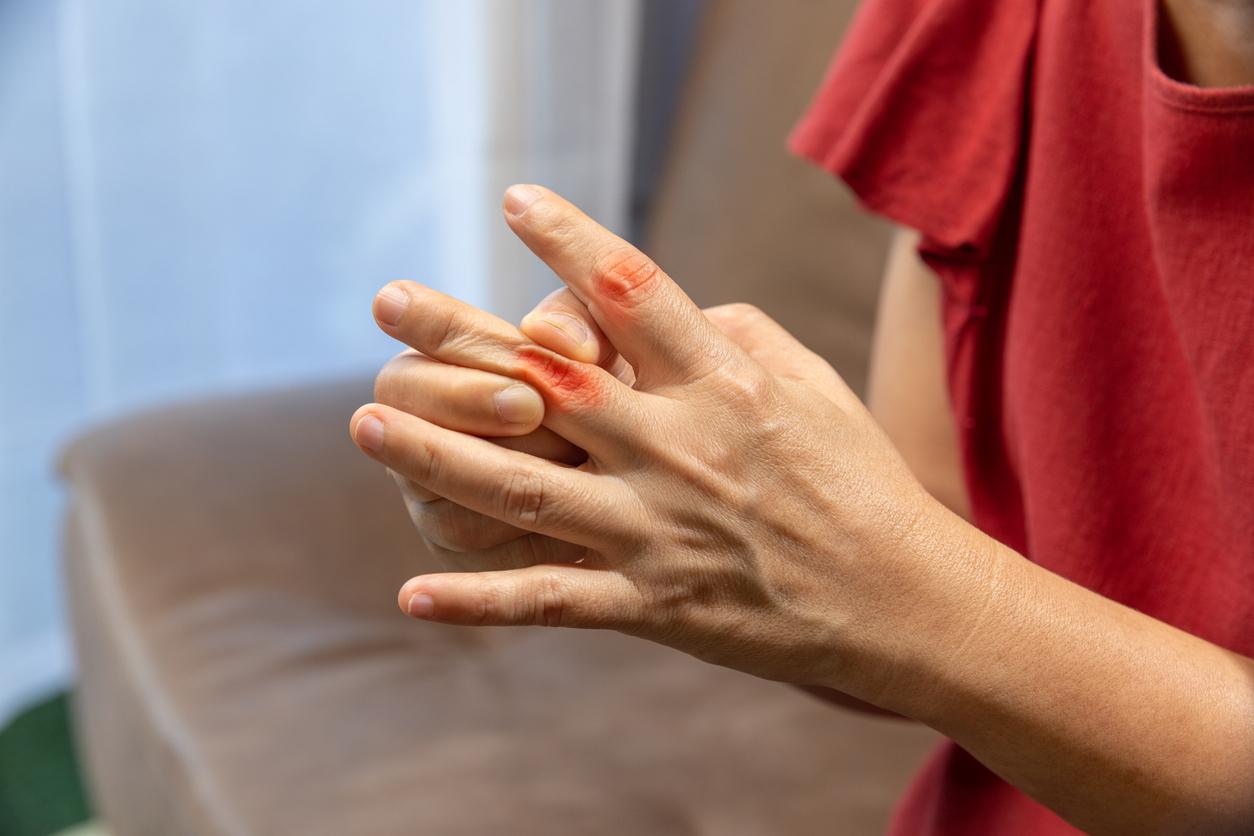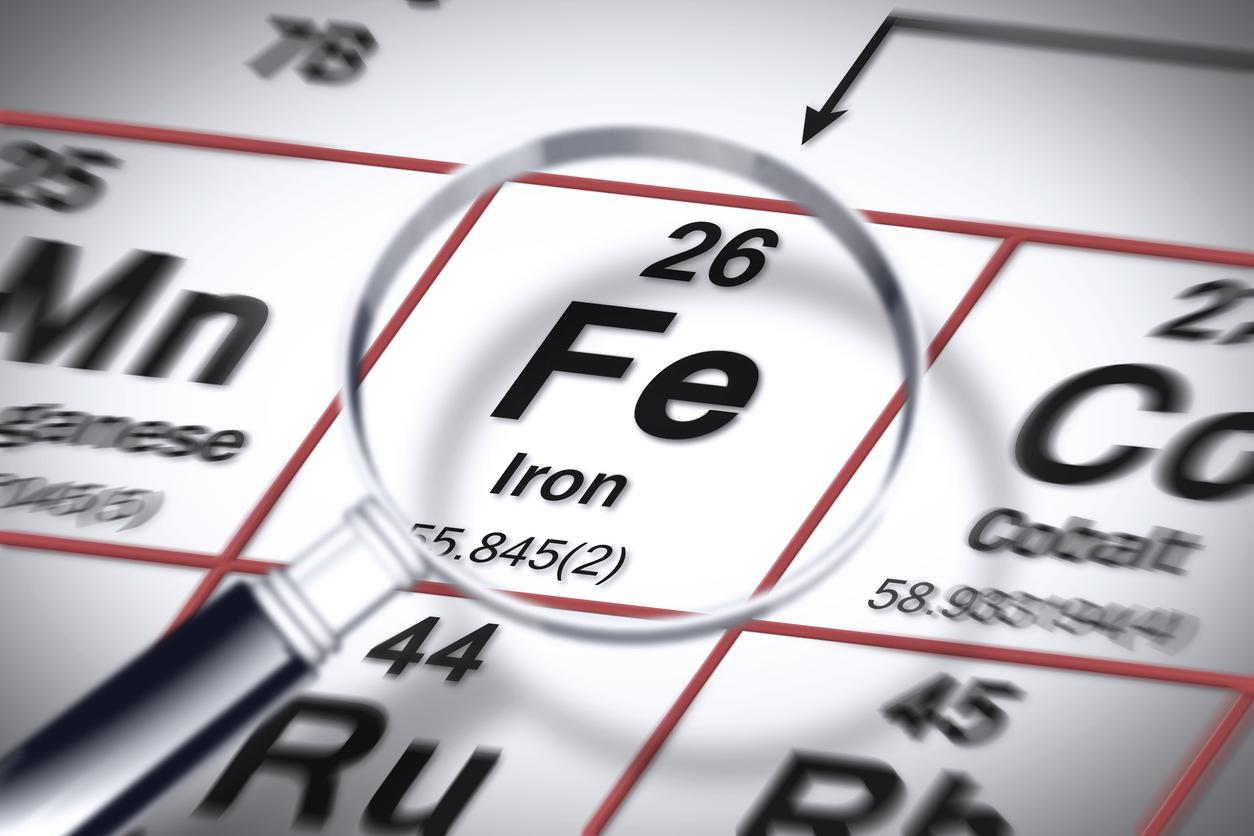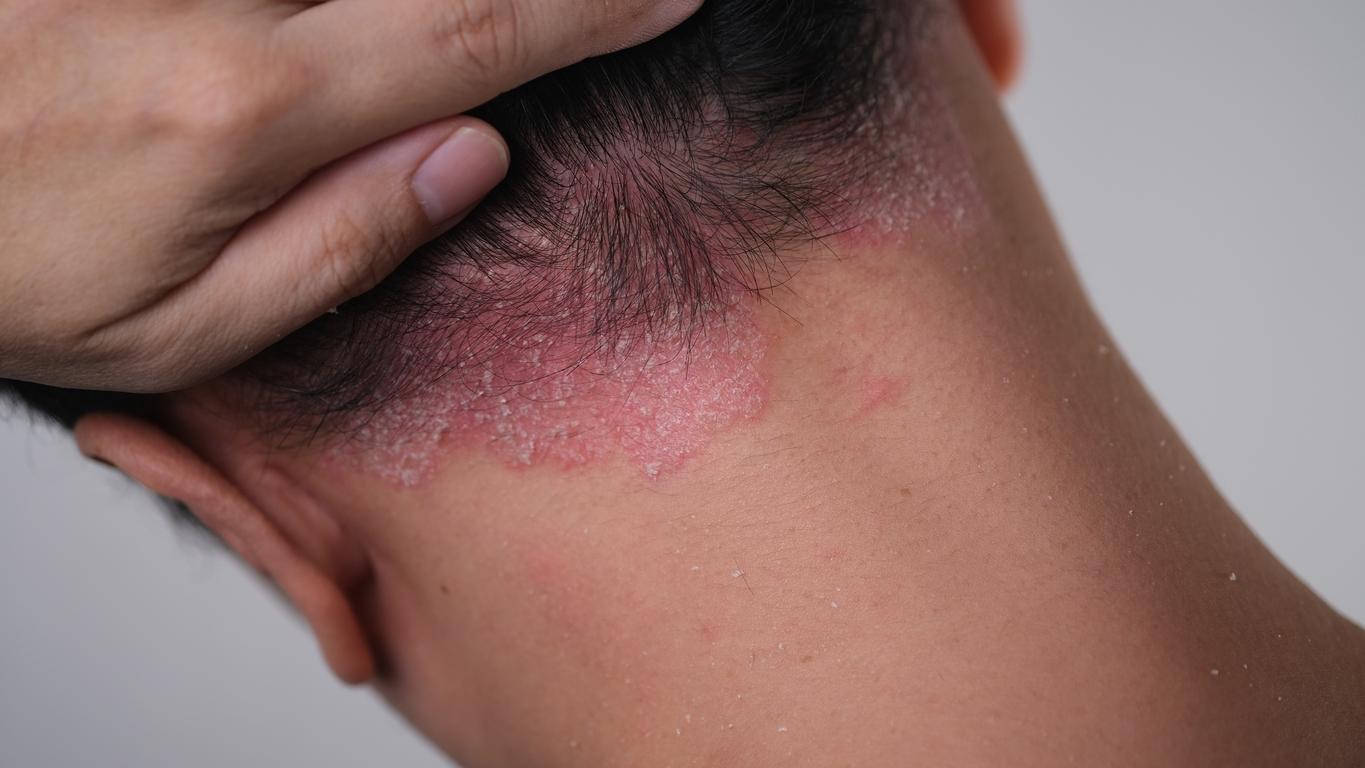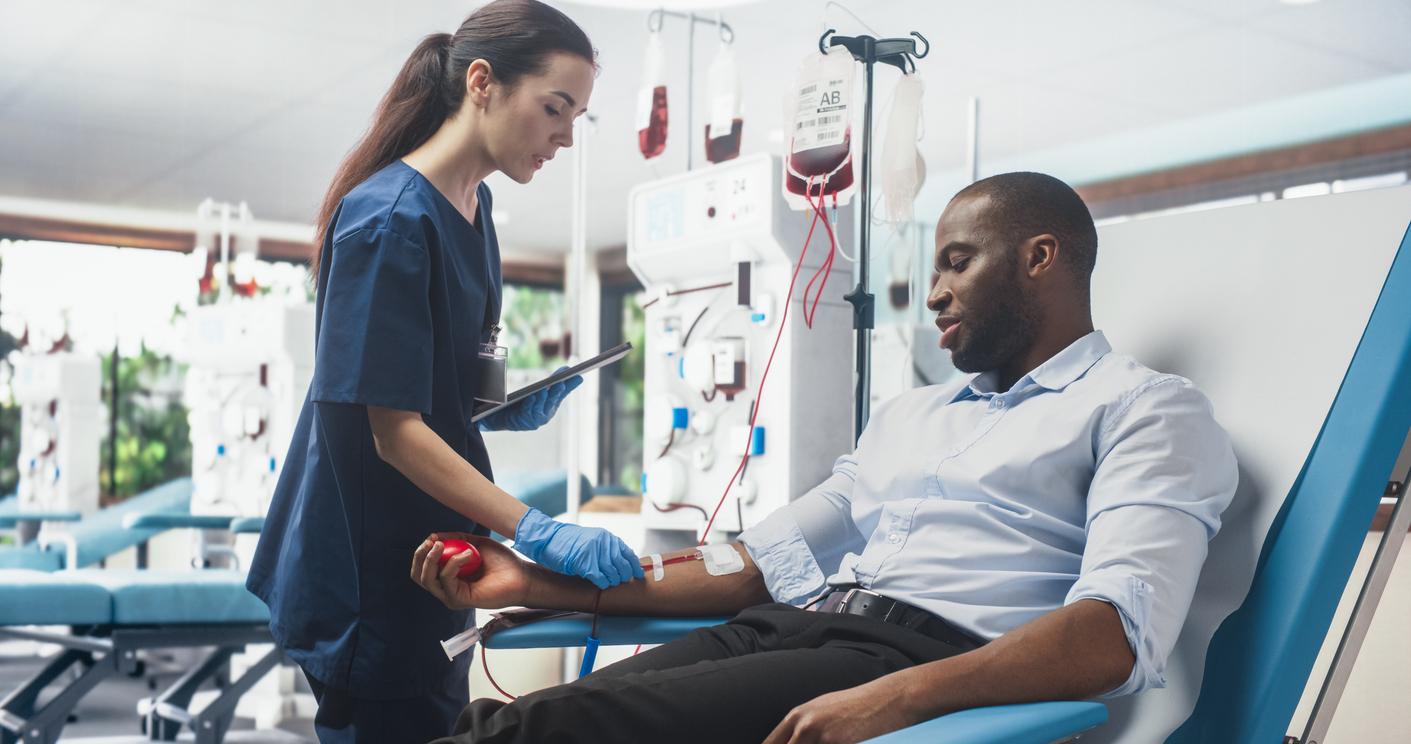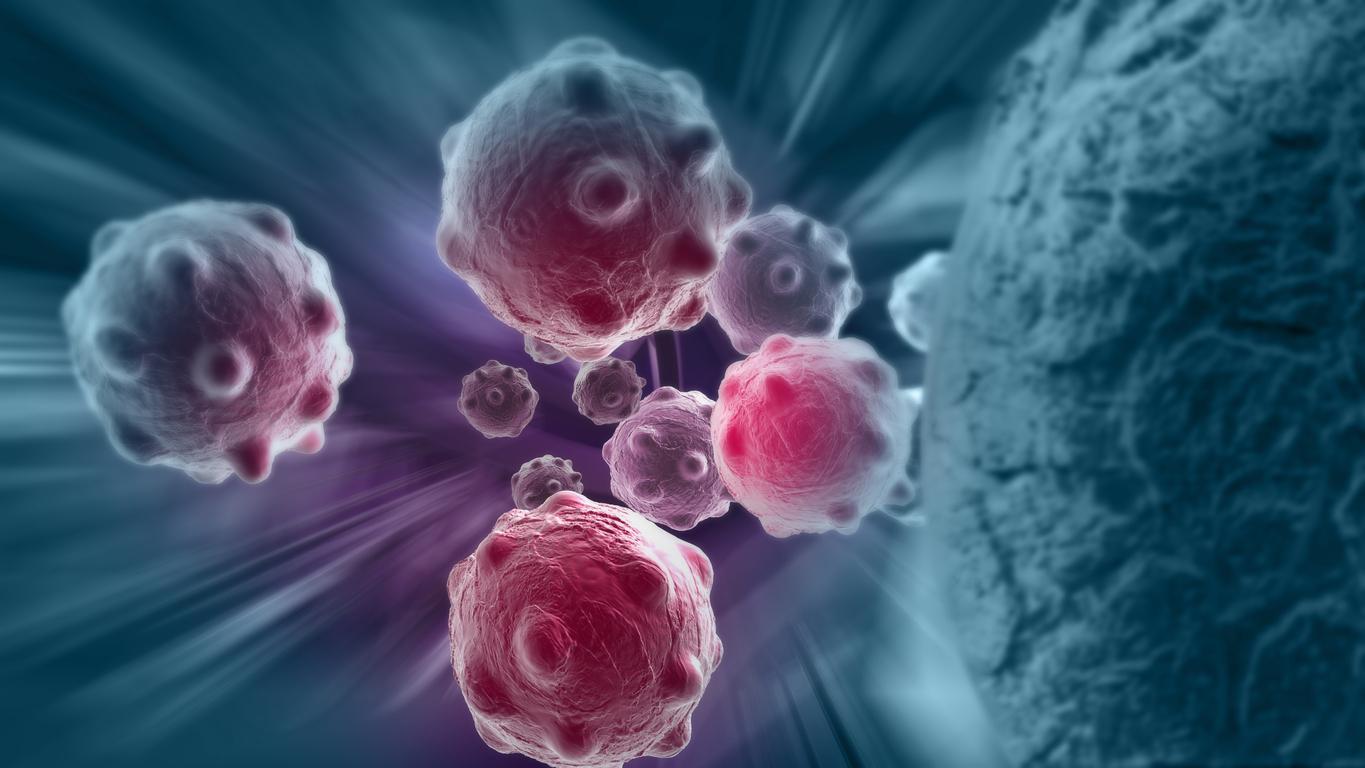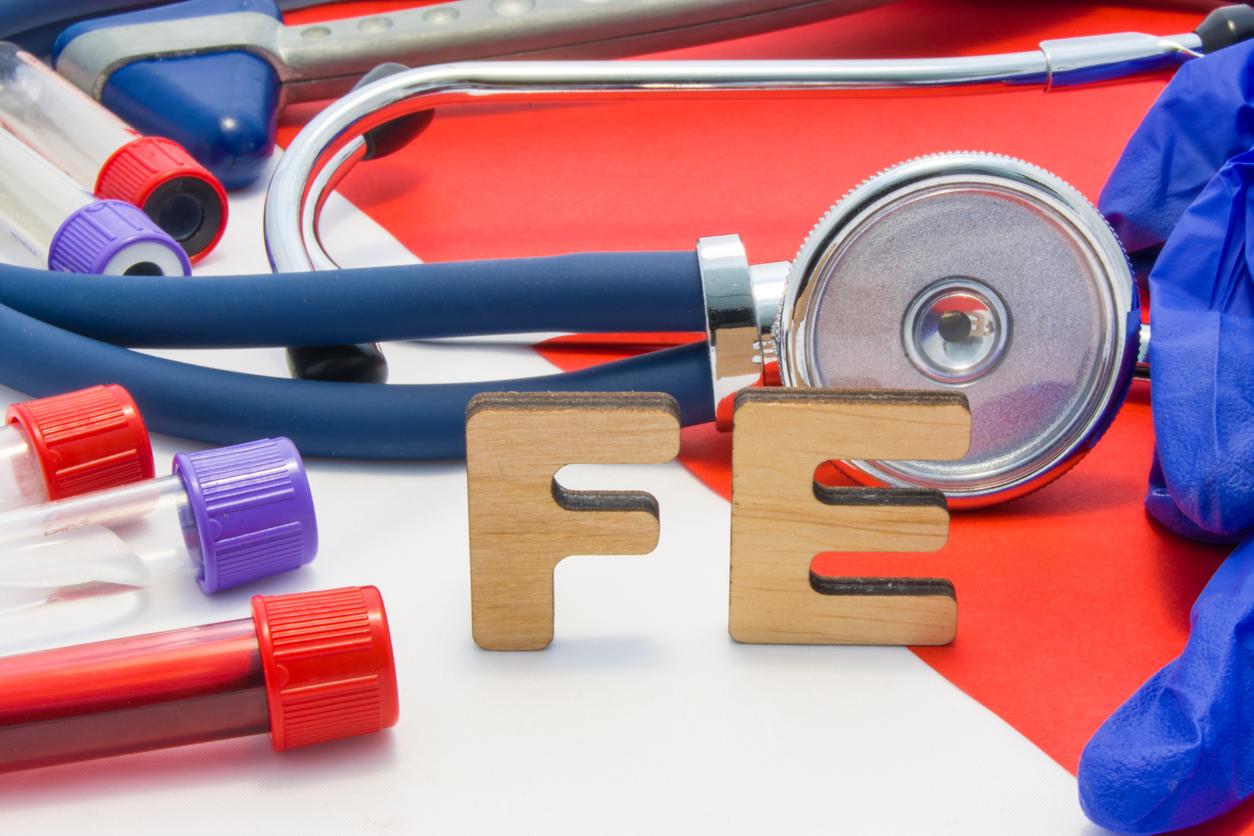In France, 25% of premenopausal women suffer from iron deficiency. And 5% are prone toanemia. These deficits are much less marked in men. However, these deficiencies are often underestimated because this mineral is of capital importance. “Iron is essential for our health, because it allows oxygen to be transported to cells by red blood cells. Thanks to him, our immune system works properly. It helps to avoid fatigue, and plays a role in concentration, memory or learning. recalls Florence Foucaut dietitian nutritionist in Paris.
However, if it is present in many foods, deficiencies often persist. It is indeed badly assimilated by our body, because our digestive organs have trouble managing this mineral. “Our body has trouble extracting it from food to store or integrate it, hence the importance of knowing how to draw it from our diet”, explains the specialist.
What are the recommended iron intakes?
I’recommended daily intake for menstruating women is 16-18 mg per day. The menstrual period is when this iron is eliminated through the blood. This intake increases to 30 mg for pregnant women on the 3e trimester of pregnancy.
For the rest of the population, the average is around 10 mg per day. Deficiencies result in a pale complexion, frequent shortness of breath, or less resistance to infections…
In case of doubt, a blood test is sufficient to detect a deficiency. So, how do you fill up with iron on a daily basis? Our answers in 10 tips.


















